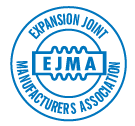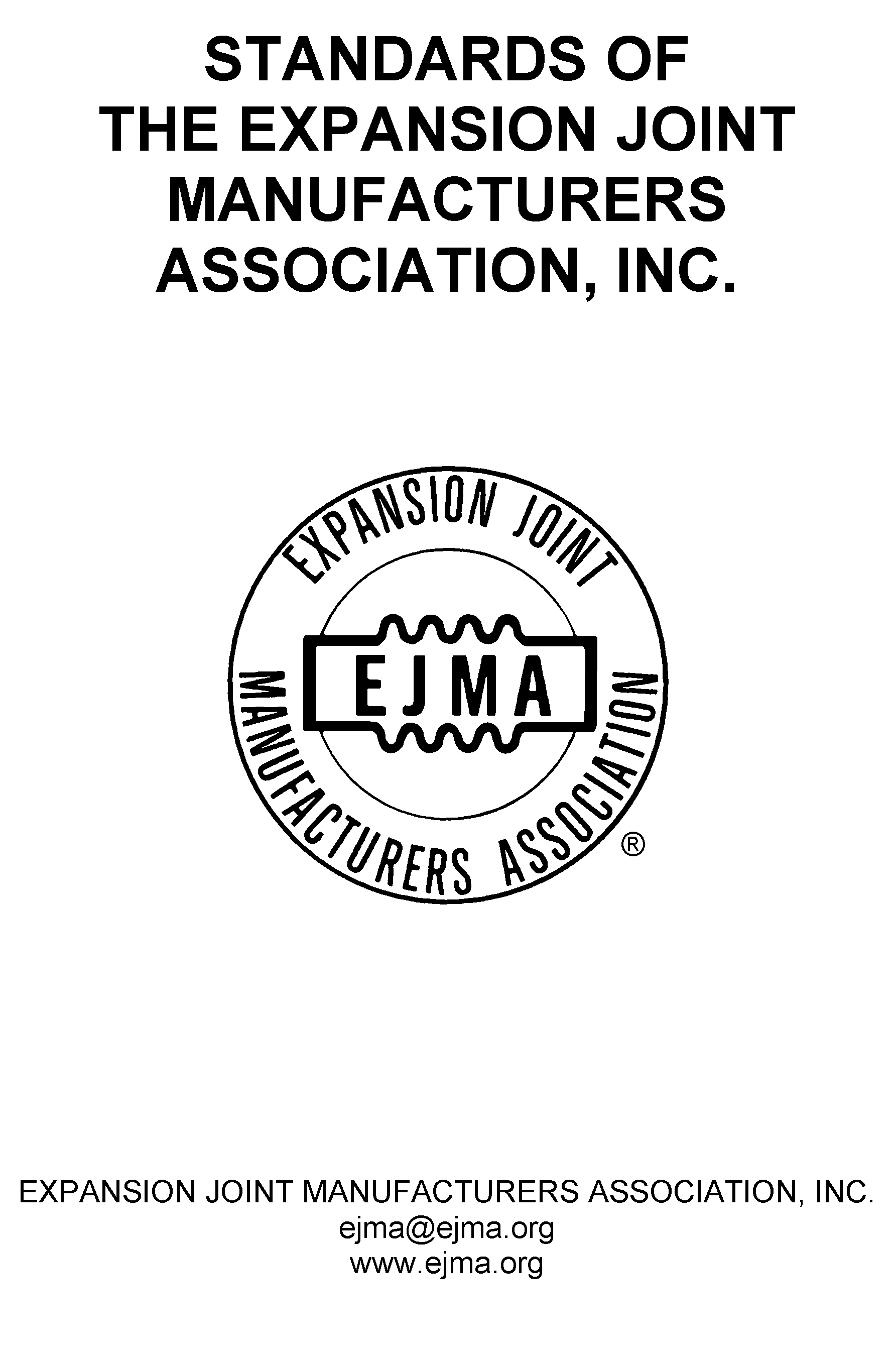Publications
EJMA 11th Edition!
Available as online subscriptionThe 11th Edition of the EJMA Standards
The EJMA Standards are recognized throughout the world as the authority on the proper selection and application of metallic bellows type expansion joints for safe and reliable piping and vessel installation. The Eleventh Edition standards combine the knowledge and experience of the leading manufacturers of expansion joints into an invaluable reference document.
Significant Changes in the Eleventh Edition EJMA Standards:
- Available only as an online subscription, each EJMA subscription will have a local administrator who will manage the subscription(s) in a customer/company site. The local administrator may or may not have the primary subscription and can create secondary subscriptions. New subscribers should check within their organization before signing up as a local administrator. See the bottom of this page for more information on the subscription process.
- Updates and revisions to the Standards will be immediately available to all subscribers and documented for version referencing.
- The 11th Edition examples have been updated and are in development for interactive use.
- Other changes in EJMA Standards Version 11 include developments to numerous equations relating to multiple plies, pressure calculations, membrane stresses and temperature effects, latest best-practice standards to the manufacture of various bellows arrangements, updated tolerances, corrections and harmonization to latest ASME codes.
Practical Guide
EJMA’s Practical Guide to Expansion Joints, a pocket size primer based on the EJMA’s Standards, is intended to provide users with a basic understanding of expansion joints. It will also assist the user in communicating design requirements to the manufacturers and to properly install and maintain the expansion joint in service (NOTE: This guide is not intended as a source for expansion joint design or application details). The guide is sold separately and is a different publication than the Standards.
About subscribing
Subscribing is a multi-step process:
Initially, you must submit your email address for verification. This email address will be designated the Local Administrator for your company. The email address provided for verification should be the name of a person (not Engineering@xyz.com) and must match the domain name of the company for which you register (do not use a public domain email address such as gmail.com). Do NOT select the toggle for EJMA member if you are not already a member. A technical librarian or engineering department head (or assistant thereto) is a suitable choice for local administrator.
The Local Administrator will provide a credit card to register. The first subscription for the first year is US$700.
The second step, after you submit your registration, is EJMA verifying that your email address and company domain are the same and that the company is an appropriate subscriber to the Standards. EJMA will review your registration for appropriate completion and profile, and either approve or disapprove (with explanation if disapproved).
Because of human involvement and time zone differences there can be hours or days between steps, and there is no email confirmation until a decision is made. A favorable decision will result in a charge to the credit card, and a confirmation will be sent along with directions to add your first subscription. A rejection will state the reason for rejection and the credit card information will be destroyed.
Upon approval and when the charge clears you will receive a receipt/invoice for the transaction and you will have access to your profile page, where as a Local Administrator you can select the FAQ for more information. The supplied credit card will be used for all subsequent purchases. You can update the card information at any time.
Your subscription will be enabled if you chose it for yourself, or you will be able to add the subscription for the user of your choice (though you will remain the Local Administrator) by selecting the Subscriptions tab when you log in to your profile. The subscriber will see the “Access EJMA Standards” button in their profile page.
A subscriber may access the standards online only – no downloading or printing is available. The subscriber may use either of two devices (such as a desktop and a laptop) at any given time by logging out of one and logging in on the other. A new device may replace either of the existing ones once per 30 days.
Please visit https://standards.ejma.org to subscribe or contact us with further questions.
Important notes:
The 11th edition is not a PDF; it is viewable online only. Printing is not permitted. Each subscription allows access by one user. The first subscription is a $US700 charge, additional subscriptions within the same company are $US400 each. After the first year, the renewal rate is $US400 for the first subscription and $US300 for each additional subscription.
There are no quotes, and no invoices until the credit card is successfully charged (no pro forma invoices); credit card is the only accepted form of payment. We do not accept wire transfers or checks. We use Stripe as our payment processor.
As local administrator, you can invite up to ten additional subscribers in your organization. For more than ten, please contact us for an exception setting.
If the first subscription is cancelled, the next subscriber will be elevated to primary. Renewal will be automatic annually on the anniversary of each subscription, with advance notice, unless you cancel a subscription.
Subscribing to the EJMA Standards does not permit you to use the EJMA logo in any way. A custom unique badge is available to all subscribers. Instructions for adding the badge are in the user profile for the local administrator.
At present, the Excel calculation tools are under implementation for the website and are not available. When they are, the option to use them will be made obvious.



